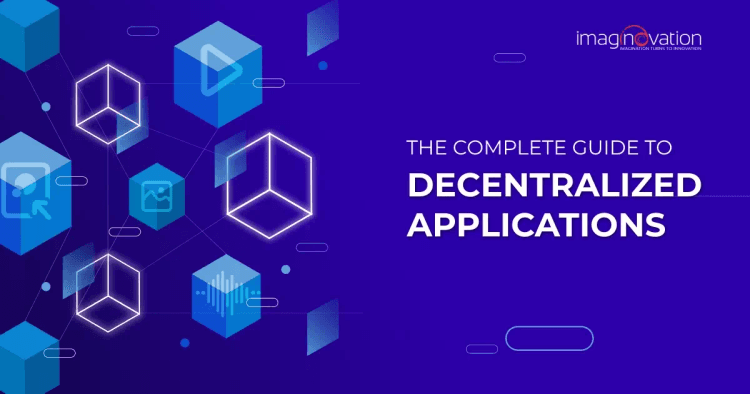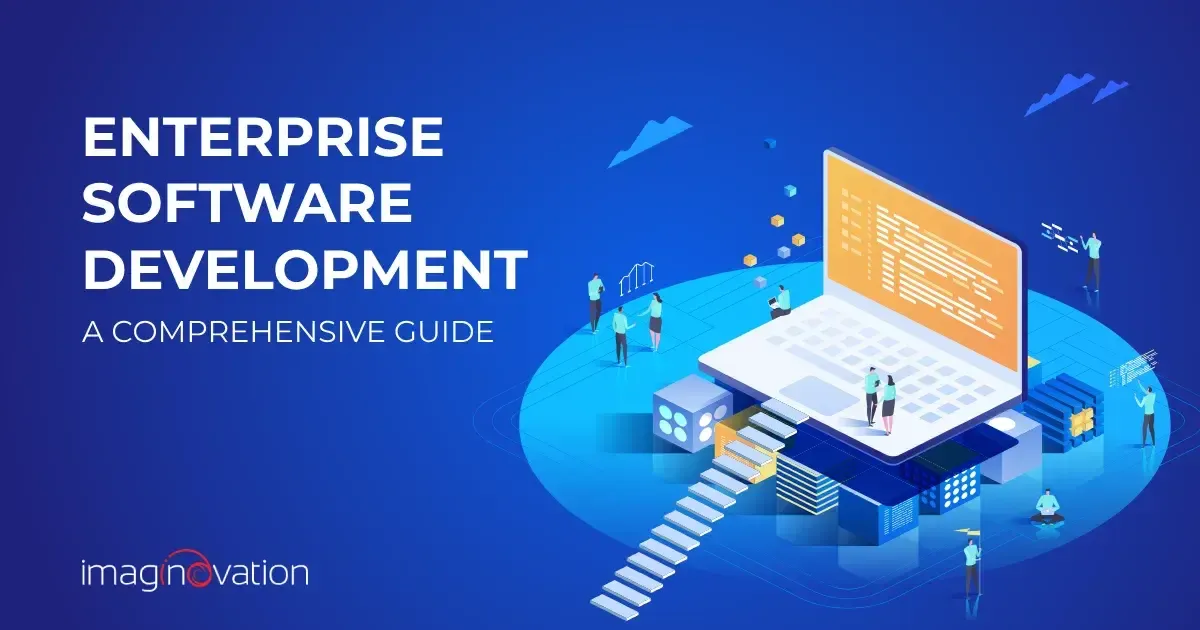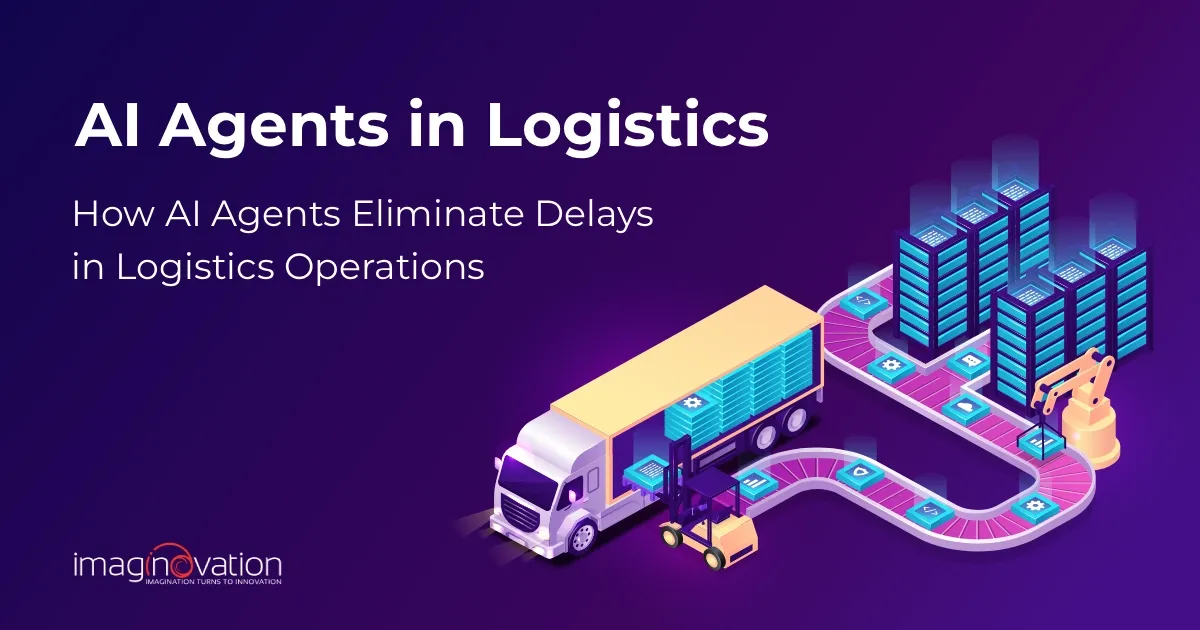To estimate the cost of building a website or an app, use our app cost calculator tool.
Over the past couple of years, decentralized applications have emerged as a game changer in the blockchain space.
Seeing how one can create powerful decentralized applications to augment the business ecosystem is delightful. Plus, one can find some fascinating decentralized application examples that can help lead the way.
In fact, according to a study by the Blockchain Examiner, experts say that the market size for dApps will touch around USD 21,070.2 million by 2025.
In this blog, we will demystify facets of decentralized applications and how businesses can leverage them.
What are Decentralized Applications (DApps)?
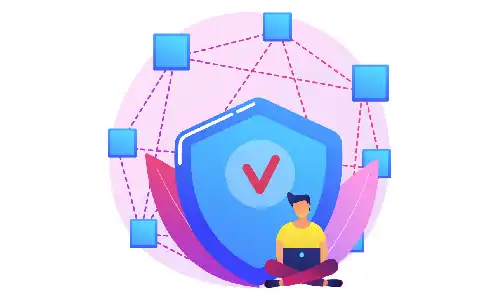
One of the first things to understand is that the underlying technology behind dApps is blockchain. So, for those who know how blockchain works, it will help you to understand it better.
Simply put, decentralized apps (aka dApps) are digital apps that run on a distributed or peer-to-peer network. Since they don’t have a central authority, their performance is provided exclusively by their community of users.
Another critical point is that each perpetually preserved transaction is visible to everyone in the loop. Keeping these facts in mind, here are some attributes of significance on dApps.
- Open Source: The codebase of the dApp is available to all for scrutiny due to its open-source nature.
- Decentralized: The good part of dApps is that it does not fall into a centralized authority. What does this mean? It means that when all operational records of a dApp are stored on a public and decentralized ledger (blockchain), it ensures that the centralization facet is avoided.
- Protocol: The community working around the decentralized app has to come to common ground on a cryptographic algorithm to demonstrate proof of value. So, for example, both Bitcoin and Ethereum are currently using Proof of Work (PoW). Ethereum is also researching a hybrid PoW/Proof of Stake (PoS).
- Incentive: Those who know the workings of blockchain understand that the application must use and provide specific tokens just like the technology. Plus, the apps also offer digital assets to users on the network to reward them for validating blocks on the chain.
Ultimately, dApps are beginning to flourish with the rise of blockchain technology. As C-suite executives, you will want to unleash the true power of dApps.
Different Types of DApps
DApps are popular because they are innovative and feature-rich, and it will help to know their types.
Decentralized applications (aka dApps) are typically classified into three categories as follows:
1. Based On The Blockchain Type Used
- Type 1: The dApps in this category have their blockchain—for example, Bitcoin.
- Type 2: In this type, the dApps leverage the blockchain of Type 1 apps. The apps are protocols and have tokens that are necessary for their functioning. A good example is the Omni Protocol (a trading platform developed on the Bitcoin blockchain as a layer.)
- Type 3: In Type 3, the dApps use the protocol of the Type 2 application. An excellent example is the SAFE Network (Secure Access for Everyone). It optimizes the Omni Protocol and facilitates the issue of SafeCoins, which can be used for its functional aspects.
2. Based On Their Purpose
Yet, another way to classify decentralized applications is based on their purpose.
- Financial apps: Users will get tools to manage their fiat and crypto finances. Plus, the dApps help users manage their savings, wills, and more. A good example is decentralized finance (DeFi), which refers to financial apps based on blockchain technology. Crypto-enthusiasts have recently shown heightened interest in the DeFi market, garnering investors worldwide.
- Partially financial apps: The apps involve working with money in this classification. However, that is not the central purpose. Some examples include bonus and point systems within loyalty programs and gambling apps.
- Non-financial apps: The programs have nothing to do with the money in this classification. Some examples are services for personal identification, conducting polls and voting, decentralized file storage, and more.
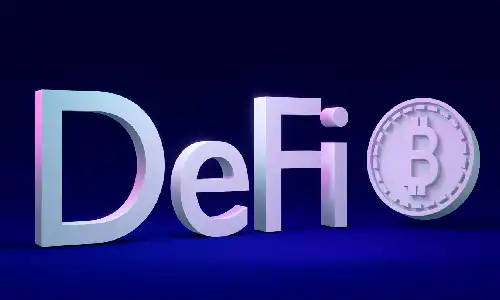
3. Based On Popularity
Some of the most exciting and popular dApps today are worth exploring. Here’s a sneak peek.
- Exchanges: IDEX runs on Ethereum and is a decentralized exchange that allows users to connect their existing wallet Metamask, or Ledger hardware, and trade ERC-20 tokens.
- Gambling: Another popular dApp type is decentralized gambling apps. The apps run on both the Ethereum and EOS blockchains. These dApps allow faster and more seamless transactions and low casino operations costs.
- Virtual Reality: Decentraland is an excellent example of a virtual reality platform that’s Ethereum-based. With this platform, users can both create and monetize applications.
DApps today can be a game-changer. As business entrepreneurs, you may want to monitor the rapidly growing dApp scene closely. You can also check its impact on your business and adopt dApps to leverage your business.
Also Read: 10 Experts Discuss the Future of Web 3.0 and Decentralized Internet
How Can Businesses Leverage the DApps?
So, the golden question is, how can dApps help your business? First, let’s look at some significant statistics.
- According to Emergen research, in 2019, the dApp market capitalization was valued at $10.52 billion and is anticipated to reach $368.25 billion by 2027 at a CAGR of 56.1 percent.
- DApp usage is up by 626% year-over-year (Source)
The rising demand for dApps is evident if we look at the statistics. With transparency, reliability, flexibility, and scalability,
dApps outshine regular mobile apps. So, how can you optimize this innovative technology? Let’s learn more.
1. Decentralized Cloud Storage
One of the most exciting and trending uses of dApps is decentralized cloud storage.
What does this mean?
It means that people who like to store their data on decentralized servers have the option of using it rather than keeping it on typical centralized servers like Google Drive or Dropbox.
What’s the advantage?
Well, if you are handling sensitive data. The files can be stored, encrypted, and accessible only with a private key that provides high security and privacy.
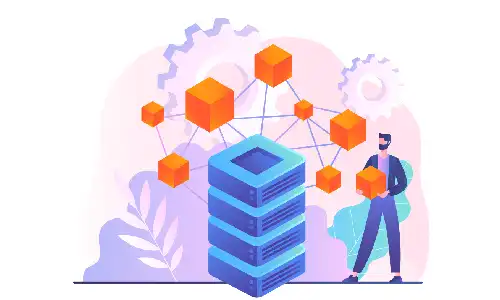
2. Security and Identity Protection
We just talked of security, and let’s reiterate its significance. With a secure identity platform that uses blockchain technology, you can look forward to protecting people’s identities.
Now, with a secure login and registration, you can rest assured that only the correct individuals can access the web or mobile apps.
3. Business Intelligence and Invoicing
Yet another exciting area is the use of dApps in invoicing. Here, decentralized blockchain apps offer their users business intelligence and invoicing services.
So, with this, one can now look forward to performance benchmarking, analyzing scenarios, identifying trends, and more. Moreover, all data is recorded through blockchain, ensuring accuracy and security.
4. Zero Downtime
With dApps, you can facilitate clients better after smart contracts are deployed at the app's core and the blockchain, spelling zero downtime.>
5. Complete Data Integrity
With the cryptographic primitives, data can now be stored on the blockchain and enjoy indisputability and immutability. Plus, no malicious actions, like forging transactions or other data, can be taken once it is made public.
6. Cost of Development
While developing a mobile app, one has to consider various factors, such as the cost of cloud server fees, maintenance fees, and more.
However, with dApps, Blockchain Developers don’t have to consider factors such as dApp cost, including development, upgrades, and deployment.
What Does the Future Hold for DApps?
DApps will continue to grow exponentially in 2021 and beyond. So, don’t expect the dApp utopia to dissipate. You can expect it to advance and expand its applications, changing the business landscape.
Let’s look at two quick examples to fathom how decentralized applications can benefit the industry.
1. Energy
Let’s look at a resource that is part and parcel of our everyday lives—electricity. The energy sector is mainly controlled by large corporations whose only objective is to make as much money as possible.
So, people have little choice but to pay extraordinary prices to access electricity. Enter—Power Ledger, a blockchain organization, curates a dApp to solve this problem.
Power Ledger expects to allow people to sell their extra electricity through a peer-to-peer marketplace.
The project promotes green energy, such as solar power, and ensures buyers pay a fair and transparent price. Plus, the approach expects to remove the need for middlemen (large corporations) who would typically take a significant profit cut.
2. Politics
Yet another area is voting in a government election, a critical human right for everyone. It is expected to hear of threats, violence, and cheating (fraud) in the voting system. With decentralized apps, politics would benefit greatly.
An excellent instance is a group of developers creating the FollowMyVote.
The app allows people to vote using the Ethereum blockchain. A decentralized application can verify voters’ identities, and elections can now be safe, secure, and transparent.
With FollowMyVote, the voting system can stay devoid of fraud. Plus, every vote is independently verified on the public blockchain and cannot be changed.
Bottom line: Decentralized apps will continue to be increasingly felt in the business landscape, reducing costs and removing third parties.
Plus, dApps can take automation and transaction security to the next level. Moreover, the growing number of dApp releases will open new pathways for entrepreneurs in diverse sectors.
Notable Real-World Examples of DApps
With the possibilities of reducing development time, increasing security, and improving scalability,
dApps are worth exploring. To learn more, one can always look at some well-known apps. Here are some noteworthy real-world examples.
Golem
An open-source, decentralized supercomputer, Golem can be accessed by anyone. The power of Golem can be attributed to the combined energy of all the computers that power it.
With immense computational power, users can rent out their computing power to other users. What does this imply? It means that the network could create a global market for computing power.
Augur
Yet, another good example is Augur, a dApp that helps create a forecasting tool to boost trading gains. How does this work? So, dApp blends prediction markets with a decentralized network.
Melonport
Melonport is an exciting decentralized application that assists with digital asset management. Users can competitively establish or invest in digital asset management strategies with the technology.
Plus, the application ensures an auditable and visible track record, allowing an entirely new approach to asset management.
EtherTweet
If you enjoy tweeting on Twitter, how about decentralized tweeting? EtherTweet is a one-of-a-kind microblogging platform on the Ethereum blockchain.
However, because EtherTweet is a dApp, the content posted enjoys immutability, which means posts cannot be deleted.
The Lightning Network
The Lightning Network was created to solve Bitcoin’s scalability problem by transferring transactions off-chain and increasing the throughput capacity of the Bitcoin network.
The structure allows users to create payment channels within themselves. The transactions made by these channels are expected to be very fast and cheap because these channels are established between two users.
Factom
Another exciting decentralized platform is Factom, which is based on the Bitcoin blockchain and is like an additional top layer.
The platform is designed to store unlimited data that cannot be tampered with. Moreover, it can store contracts, documents, apps, and more.
Everipedia
Everipedia is a public universal Internet encyclopedia based on wiki principles. After switching to the EOS blockchain platform in 2018, Everipedia has continued to fulfill its mission to bring the world closer to the knowledge available for all and on-chain through the IQ token.
TRON
TRON is a blockchain project and a decentralized environment for creating and hosting digital entertainment content. The platform operates on the blockchain without a central governing body and is a worldwide entertainment network. One of the most popular TRON gambling platforms is 888 TRON. The platform is a decentralized casino which aims to be the biggest online gambling platform on the TRON blockchain.
OMG Network
OMG network (formerly OmiseGo) is a non-custodial scaling solution. It allows users to transfer ETH and ERC20 tokens pointedly faster and cheaper than transacting directly on the Ethereum network.
Some more great apps to look out for are:
- Uniswap—a finance protocol (decentralized) that is used to exchange cryptocurrencies.
- IDEX—an advanced cryptocurrency exchange.
- MakerDAO—an unbiased currency and premier decentralized stablecoin.
- CryptoPunks—offering non-fungible tokens on the Ethereum blockchain.
With such top success stories, it’s time to explore dApps.
Wrapping Up
With a heightened trend towards dApps, the business landscape will change dramatically. There are several real-world use cases today, with decentralized apps eschewing centralized servers to transact in a distributed and peer-to-peer (P2P) fashion.
As business entrepreneurs, you will be excited to expand your businesses, augmenting the functionality of dApps. As blockchain continues to develop rapidly, so will blockchain-based dApps. It’s time you get ready to explore this arena and enjoy the benefits!
Build A Powerful Decentralized Application with Imaginovation
It’s time to outshine the competition with robust dApp development. If you plan to create a robust decentralized application and don’t know where to start, talk to us.
Imaginovation is an award-winning web and mobile app development company with vast experience in crafting remarkable digital success stories for diverse companies.
We’ve helped many businesses maximize outcomes with the help of our blockchain development services. We’re a proficient solution provider specializing in developing the best blockchain apps.
Let's talk.





